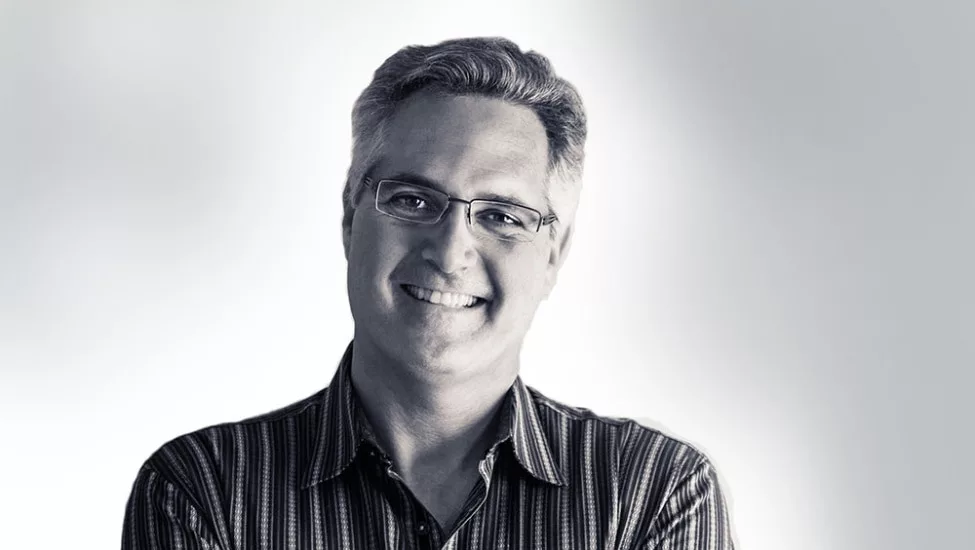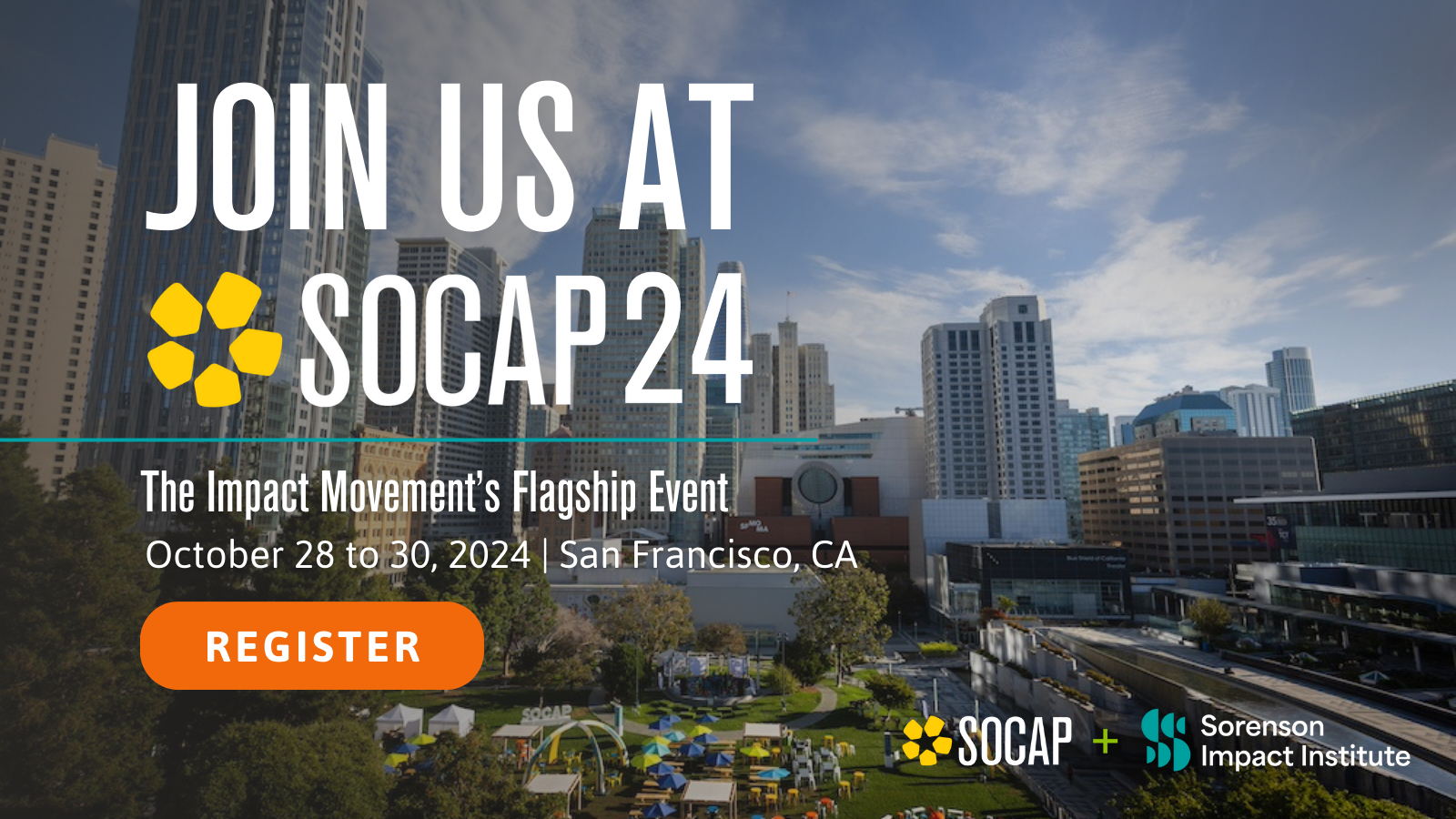There is collective collusion to ignore uncertainty and to pretend that we live in a world we can control, in which we can tell the future, we can mitigate risks. Now, we have been awakened to the inevitability, impermanence, and unpredictability. We have discovered we may not have sufficient tools to deal with reality. We have not discussed this sufficiently.
We’re seeing that the things we’ve been trained to do are not sufficient for what reality requires. In the context of conscious business and leadership, the reality requires our ability to look at it, accept it and embrace it wholeheartedly. We’re seeing for the first time in unvarnished light that none of our modernity, technology, medicine can fend off the inevitable. At the collective level, we are being pressed in an era of opportunities to raise consciousness in a way that has not been prevalent even in the 60s. There is hope that we, as a community, can ground this, not lose it.
Q: What are 3 fundamental elements of leadership moving forward:
A: Using meditation as a guide to make this happen, the first element of meditation is curiosity, the second is determination, and the third is kindness. This is what we can cultivate.
Curiosity(openness): People need to bring to their leadership a profound curiosity. Curiosity is described in meditation as the beginner’s mind, in science as the experiment, in medicine, the analysis before the diagnosis. As a leader, as a human, to dive in this profound sense of curiosity, we have to open to possibilities, soften the grip on our certainties. Because we are living in this profound uncertainty, the harder we claim to the certainties that we have, the less prepared we are to engage the world as it’s unfolding. Curiosity allows us to be uncertain. This doesn’t mean that you are not knowledgeable, or experienced or wise, or insightful.
Determination(willfullness): Curiosity is very yin, open, and receiving while determination is very yang. Determination is an intentionality, a purposefulness, a drive, a force.
Any of the lack of integrity, of follow-through, of accountability, any of the wishy-washy excuse-making that was acceptable is going to be really expensive and really detrimental, at the individual, team, collective or global level.
We need to bring a level of determination and vigor. In meditation, even if I am sitting down with my eyes closed, my body relaxed and my thoughts settling. I am still holding my body in a determined state and my attention with determination.
Kindness(forgiveness): We have to forgive ourselves and others, and do it a thousand times more than we think is necessary.
Our ego gets in the way, the prevailing sense of inadequacy, and powerlessness, lack of control, and need to be recognized, liked, and accepted. As we mature, by age or experience, that ego need softens, it goes into the third position behind aspiration and service. So much of our drive is ego in the sense of inadequacy. The gift of being older is “been there, done that, achieved that, and it didn’t make me feel any better, so maybe that correlation doesn’t exist”. But you have to see it before you can move on.
Q: How can we as leaders guide, direct those who are working beside us are reporting to us to learn that lesson earlier?
A: Modeling: If we are going to help people move, grow, and evolve, the first step is modeling it. How do we as conscious leaders perpetuate the capacity to move the ego in second or third position? The ego in its first position is about me. The ego in its second position is about us. The ego in its third position is about life. We can move from me to we to all.
In the first position, it’s all about “I need my needs.” There are just a handful of needs to thrive on.
The first thing to do is to ask oneself, “Can I fathom, practice, and embody a way to diminish my own insecurity, my own need for affirmation, and my sense of inadequacy, so that my brilliance and beauty and uniqueness can shine greater and greater?”
Not so that I can be something brilliant and special, but uniquely me. Because I am unique in the history of existence. There has never been this structure in this way, and for the rest of eternity, never will this emerge in exactly this way again. When we realize that and other people see that, there are a couple of things that happen.
The more I get comfortable in my skin, with my sense of being, my strengths and limitations, the more I let go of my fantasies of what should be and embrace the reality of what is, the more peaceful, calm, kind and accepting I am, and then it’s a lot easier to be peaceful, kind and accepting toward other people. When somebody comes into the presence of someone who is accepting and kind and peaceful, they start to unpack and unwind their own tensions and need to be something, and they become a little more kind and peaceful and they pass it on.
That’s the first exercise of self-acceptance and self-love. When we can really embody that self-acceptance and love, we can transmit that to others and encourage that in others.
Remember that acceptance and love is a yin and yang, not an either/or, you need both.
Feedback: The other thing we can do, from that place of acceptance and love, is give people really timely and clear feedback on how they are showing up and impacting other people, not feedback on who they are, but just name the behavior and its impact, the other person can internalize it and we can talk about what is an aspirational way for them to be. So first self-work never-ending, and then provide that to others in safety and with kindness. Kindness can never be sufficiently emphasized, it’s not an actual, cultural element for us.
Q: How does one avoid being a pushover or seeming weak when practicing vulnerability? When leading from a more compassionate, gentler standpoint, how do you hold on to power but also be open and let others in?
A: The challenge is in the question. Vulnerable comes from the latin, and means “open to injury”. So how can you be vulnerable and not susceptible to be injured, is not a legitimate combination. We can approach it from the angle of polarities.
Polarities are these interdependent forces that are unresolvable. We are not vulnerable 24/7. It’s a moment of vulnerability, a moment when you let your guard down, but how can it not be lethal? Leaders who want to be vulnerable need a safe container, can you establish environments or relationships where there is mutuality and cooperation and trust because it is easier to be vulnerable in a trusted environment.
If you are in an untrusted, unsafe environment, it is harder to be vulnerable. If being vulnerable is powerful, it is equally powerful to put in the work ahead of time in a conscious way to establish meaningful connections and relationships of trust.
Personal sense of power: The other thing is to establish a real sense of personal power. Power comes from understanding my strength, having looked at my own weaknesses, and accepted them, so that other people can criticize me and I already know it there is nothing new. It’s also my sense of connection with something far grander than that the battery that I recharge with bananas and granola. There’s power that comes from my connection with source, with my sense of purpose with my ability to understand the interconnectedness of all of life and the spiritual fabric from which I am woven. Those are my sources of power so that I can have a moment of vulnerability and not be totally out of the connection to power. Cultivate your power.
Q: How can we set our teams up for success? How can we make sure everyone is set to thrive?
A: There is no perfect answer for everyone.
Reflect on the needs of the individual: The first thing to consider, if you are working remotely with people you already know: when you were working together, you were not managing everyone in the same way. There were different behaviors for different people. So, when you want to set up someone for success, reflect on what each person needs from me as a person. Because we moved to a glass version of each other doesn’t mean that individuality has been erased. Remember what each person needs and lead them in the way they need to be led.
Leaders need new priorities: As a leader, the horizon has come closer – we used to think in terms of 1, 3, 5 years, and now we think in terms of a week, a month, or a quarter.
We were knocked back on our heels, that was the shock, we moved on to our feet, that was the acceptance, and now we need to move to the ball of our feet, ready to take a step, and we need priorities. Leaders need true analysis: what are the priorities, what is the direction you are going in.
We are more uncertain and distracted, and we need something to focus on. Set priorities, even if they are short term, and that can be collective conversations, more collective that you would have historically. Draw from people and make meaning of this.
Meaning and Purpose: If you want to set up people for success, help them make meaning of all of this. Meaning-making is a human power, is a function of purpose and consciousness and orientation.
Empathy: The third thing to set them up for success is empathy. Demonstrate that you care. If you care and don’t demonstrate it, they don’t know. When they do, they will thrive.
Q: How do you balance the yin of self and interconnectedness with the yang of the needs of the business? How do you balance the personal with the real?
A: This pandemic, rather than creating problems, has revealed them. The polarity between the good of the one versus the good of the many is not new. When I ask, “when do you say you trust or don’t trust, what do you mean by trust,” the answer that comes back most often is “do I believe you have my best interest at heart?” But even when the employee answers yes, my boss has my best interest at heart, they know the boss also has with the interests of the business. As soon as a person becomes management, the tension between the good of the individual and the good of the business has been one of the hardest tension the manager has grappled with, and one of the most taxing and emotionally draining components of leadership. That’s not new, what’s new is the scope and frequency.
This pandemic, rather than creating problems, has revealed them.
Walk People Through Your Process: For many managers, this is their first time having to lay off people to save the whole business. There is not really an answer. You struggle. The most conscious way to do this is to walk people through the process. The struggle is worthwhile because it keeps us in touch with our humanity. Be present for the struggle, forgive yourself for the struggle, be kind, be transparent.
Don’t treat people like children: If you take on the role of parent, protecting everyone when you have to turn around and lay them off, they will be angry like children would be at mom and dad. When you transparently communicate, you treat people adult to adult, explain the process, and the challenges, and they understand.
Don’t be a hero or a martyr: As a conscious leader, you do not want to take the role of the hero or the role of the martyr. Be present to the struggle. Do not push the terrible pain away, but do not push it away. The experience will arise and pass, it will shift.
Q: With the opportunity that we have now of having all the systems we know come apart at once, is there a chance that we will have more purpose-driven businesses? Will people have greater courage to be more authentic and embrace this new consciousness?
A: I sincerely hope so, the opportunity is at hand. More than spawning more conscious-driven businesses, it will empower those who were already oriented in that direction. The evidence of what we’re doing to the planet, to other humans, and the evidence of the damage we are causing ourselves is beyond denial. The response, among many, is to awaken to that.
Conscious leadership has three elements: Conscious leadership has three elements: wisdom, love, and courage. (Learn more about Eric’s fundamental principles and practices of Conscious Leadership here)
Businesses as stewards of society and the planet: There is a 100% opportunity for way more businesses to grasp this purpose-driven conscious business, and to not be just successful in financial terms, but be stewards of society and stewards of the planet. We have seen a tilt, where over the past 200 years, and mostly 60 years, the power to shape society, which was first held by religions, then moved to the kings, and since the industrial revolution, has been moved to the commercial class and now business leaders.
Business leaders are the shapers of human society: We need more conscious leaders because the world is shaped by business leaders, and if they are not conscious, we are going to repeat what we are experiencing now, destruction and demise. Those of us who are on the cutting edge are going to educate others, and that is a beautiful and awesome responsibility we are holding right now, we can make this a contagion of consciousness.
Q: How can we encourage and maintain the commitment that employees are showing for the company, post-COVID19?
A: Love. Love is part of that. Companies are already offering wonderful working conditions, benefits, and perks, and that becomes table-stakes now, and the employees have stepped up because they are up for the challenge, and also they don’t want to be on the cutting block in the event there are layoffs.
Employees have stepped up because they are up for the challenge, and, also, they don’t want to be on the cutting block in the event there are layoffs. There is both fear and devotion.
The next level for the leaders is to show up as agents and conveyors of genuine displays of love. Love shows up as care, as concerns, love also shows up as a profound commitment to the development and growth of another person. Part of love in the workplace, keeping people at that next level of expression, needs a far more bold, consistent display of love.
Q: We are living in times when wisdom, love, and courage are not characteristics being exhibited in our national leadership. How do we help leaders that these are critical characteristics for our survival? How do we see emotional intelligence gain, happening on a larger scale?
A: Wisdom, love, and courage is my model for conscious leadership. Is it sufficient at present? Of course not. It is up to us, those who of us who are clued in, who are tuned in and conscious, loving, and caring enough. The question of how to affect at the national level is vexing. I am not the only one watching this unfold with a sense of disbelief, and disbelief is the inability to accept reality.
Voting is important. Let’s vote for somebody who demonstrates and holds more of those qualities. It comes down on what is our sphere of influence and how we are willing to insert ourselves in that sphere of influence to embody, awaken, model wisdom, love, and courage, and teach that to other people.
Q: How do you think that organizations and places in our lives will be different?
A: It will depend on how leaders choose to make it different. There will be a period of hesitancy, social and physical distancing, remote working might be a reality for a long time. The change we want to see is higher levels of collaboration, less ego, more expressions of love and interconnectedness, and a greater sense of understanding of our interdependence. Some will pull away in their own cave, but they won’t last. The wiser ones will understand more clearly what has always been true: we live in an interconnected web of reality where nobody is immune to nor distant from anybody else. As leaders, we lean into that, embrace that, honor that, and reduce our ego by growing our sense of competence and kindness and love, and we will shape environments that are sustainable.
We need to move from taking space to holding space.
Taking space means that I have to stand in the middle and shine, absorb the accolades, have the best ideas. Holding space means that I am creating safe, empowering, well-boundaried constructs within which other people can come in, not only to shine for themselves but to add to one another. This is one of the high marks of moving from an ego in the first position to the ego in the second or third position. That would be not only a spiritual gift but also a guaranteed, research-backed competitive advantage.
Q: How can we raise the consciousness of all of us to grow from this unique experience?
- Read
- Practice
- Surround yourself with people who are both aspiring and practicing exactly that consciousness, as a scaffolding to hold you up.
Closing Remarks
You don’t get to be a conscious leader by reading a book. You get to be a conscious leader by practice. We practice consciousness day by day, moment by moment.
Thank you for reading, watching, or participating in this Q&A with Eric Kaufmann, Leading in the Twilight Zone.






